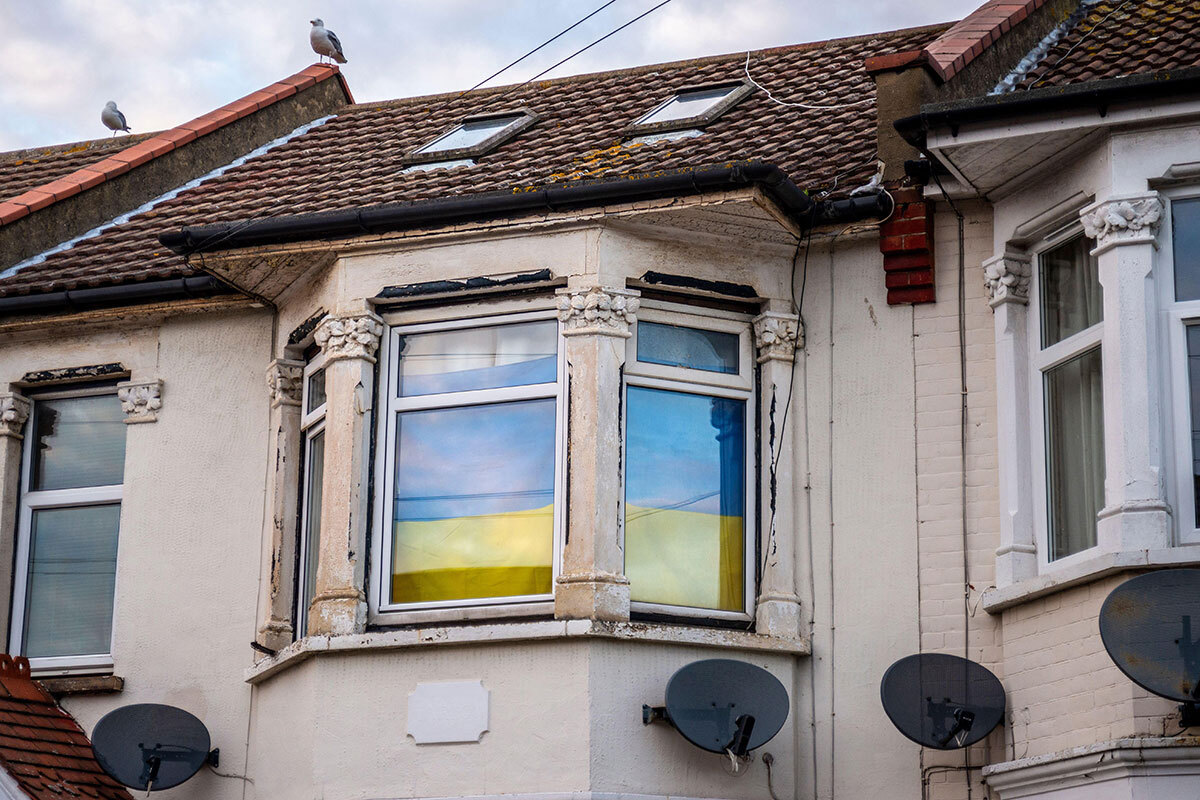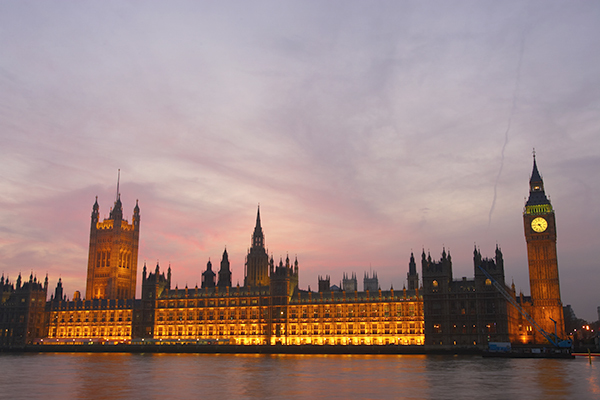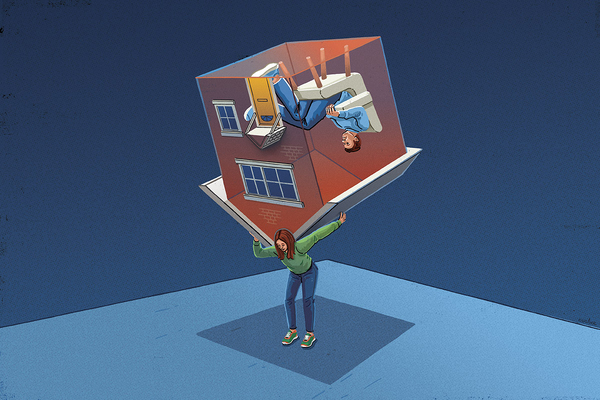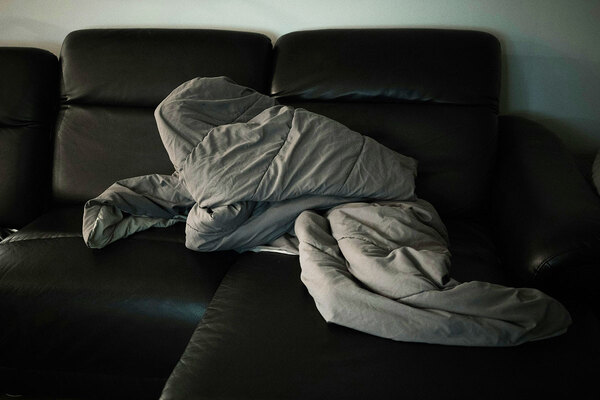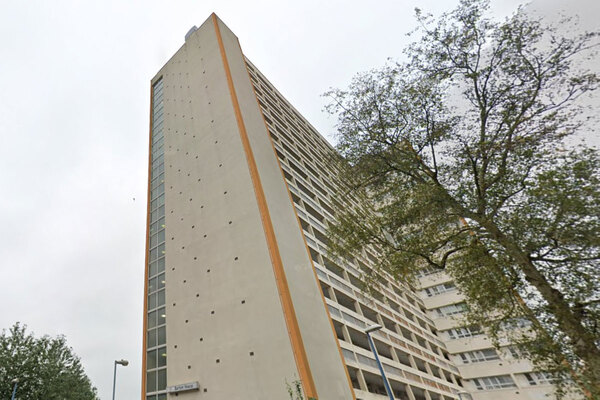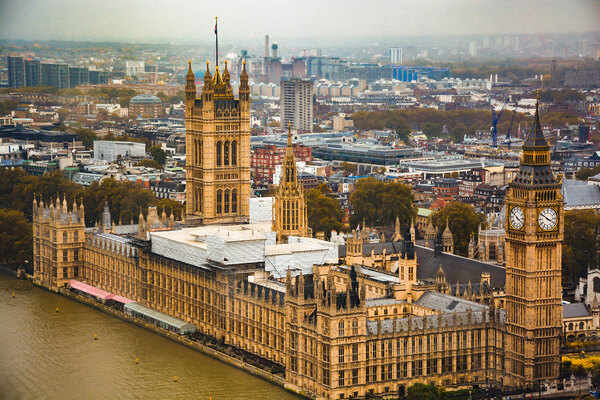Concern for Ukrainian refugees as thousands of families with children now homeless
An increasing number of Ukrainian refugees are becoming homeless, including more than 3,500 families with children.
The latest monthly data published by the Department for Levelling Up, Housing and Communities (DLHUC) shows that more than 800 households became homeless in the first three months of 2023.
The overall number rose from 4,295 at the end of January to 5,105 at the end of March.
Of those numbers, 69% are households with dependent children, and the rest are single households.
Reasons for Ukrainian refugees presenting as homeless and requesting prevention duty from their local council include the breakdown of accommodation arrangements, unsuitable accommodation on arrival or a rejection of a sponsor’s offer.
Thousands of families have opened their homes to Ukrainians fleeing Russia’s invasion, helping more than 100,000 seeking sanctuary in the UK through the Homes for Ukraine scheme.
In December, the government announced that it would increase the level of funding offered to sponsors from £350 in the first 12 months of receiving a guest to £500 for guests who have been in the UK for more than a year.
But the government has since reduced the amount of funding given to councils to support Ukrainian refugees on the Homes for Ukraine scheme.
Councils were given £10,500 per person in the first year of the scheme, however this has been reduced to £5,900 from 1 January.
DLUHC has also announced a one-off £150m pot for councils to support Ukrainian refugees at risk of homelessness.
In addition, the £500m Local Authority Housing Fund can be accessed by councils in England to buy housing stock, build new homes, convert existing non-residential properties, and refurbish dilapidated housing or empty homes into accommodation for families.
Over the past year, more than 1,300 Ukrainian households have presented as homeless in London due to the breaking down of hosting arrangements.
A London Councils spokesperson said: “London’s shortage of affordable housing makes it extremely hard to find suitable accommodation for everyone who needs it.
“The capital already faces the most severe homelessness crisis in the country, and boroughs are deeply concerned about the rising number of homelessness presentations from Ukrainian refugees. With the conflict continuing and London’s housing pressures worsening, this challenge is not going away anytime soon.”
The Local Government Association (LGA) said it has raised with the government the issue of the growing number of Ukrainians presenting as homeless to councils, and in particular those families facing the uncertainty of temporary accommodation.
A spokesperson for the LGA said: “We remain concerned that there is no funding beyond the first year for councils and funding for arrivals in 2023 has halved. We want to work with the government to review funding to ensure all families are helped to find permanent homes, jobs and schools.
“We also want to work with the government on how to both support existing hosts who have opened up their homes and their lives to Ukrainians and how to encourage new hosts to step forward so families can quickly move on if arrangements come to an end.
“Councils have been at the sharp end of the rise in the number of people presenting as homeless and need urgent solutions to pressing housing needs in the short and the long term across all the schemes that welcome new arrivals to the UK, particularly following recent announcements around asylum and hotel closure for Afghans.”
DLUHC has been approached for comment.
Sign up for our homelessness bulletin
Already have an account? Click here to manage your newsletters
